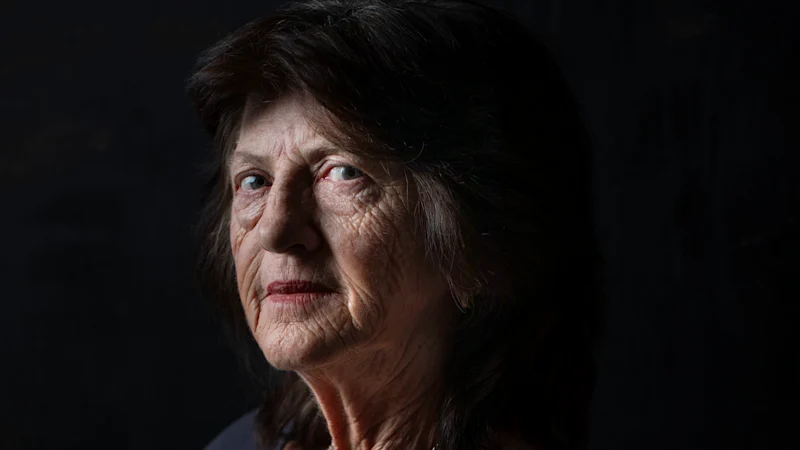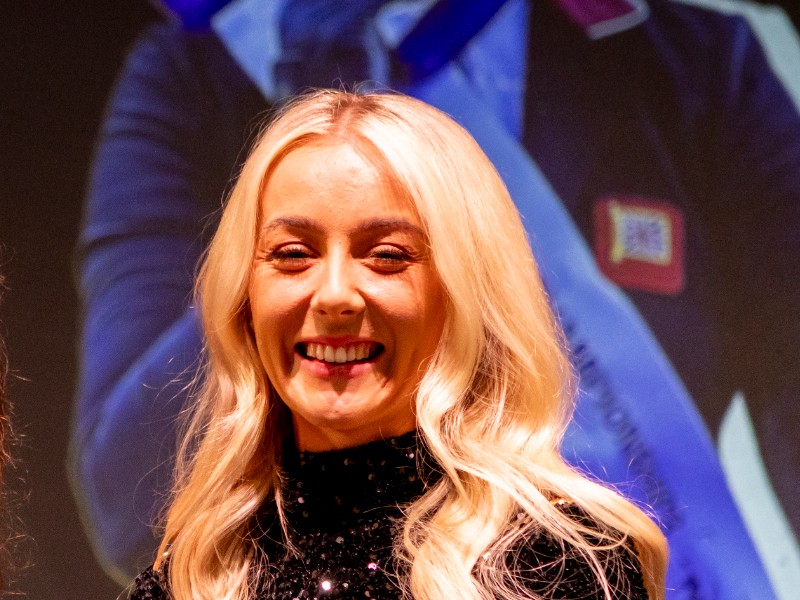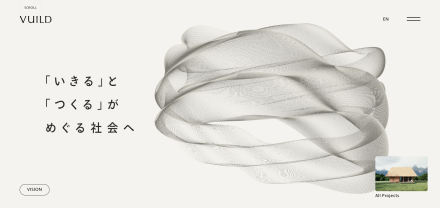By Claire Moodie
Copyright brisbanetimes

The Registry pointed out that its “vulnerable communities team” attends more than 100 events a year providing advice and support. “Fee waivers are also available for people affected by former forced adoption policies,” it said.
Elise Fordham, principal lawyer at family law specialist Watts McCray, sympathised with Hodgson: “It is difficult for people in this situation to reconcile that the Registrar of Births, Deaths and Marriages has a strict set of legislation to work under, and it can be complex to navigate.”
Hodgson’s case has parallels to the experiences of many other adopted people who were removed from their mainly unwed mothers during what’s called the “forced adoption” era from the 1940s to the early 1980s.
A Senate inquiry report into former forced adoption practices, published in 2012, referred to the illegal removal of children where there was no paperwork. Although Nita was married at the time of the birth, the report also refers to cases of single mothers being told that their baby had died when the child had been taken away for what was referred to as a “rapid adoption”.
Broadly, the report called for greater support for survivors trying to access records and reclaim their identities. It also recommended that there be a national framework to co-ordinate the changes, led by the Commonwealth.
That adopted people are still struggling to overcome significant hurdles over 10 years since the report and a subsequent national apology by Julia Gillard is a concern for Capomolla Moore.
“This is just trauma on trauma, and it’s bureaucratic trauma that is completely unnecessary,” he says. “I am personally aware of a number of people in this [Hodgson’s] situation. There needs to be a pathway for cases like Kathleen’s.”
For these vulnerable people, their birth certificate isn’t just a piece of paper. It’s an integral part of understanding who they are, according to VANISH, a support group for people affected by adoption in Victoria.
Chief executive Michelle Blanchard says records and information have been flowing faster to survivors since Victoria completed its inquiry into forced adoption responses in 2021, but there has been no sign of a consistent national approach.
Social Services Minister Tanya Plibersek was approached for comment on the national framework, but declined. Instead, the Department for Social Services provided a statement, saying it was continuing to support affected families with ongoing funding for the Forced Adoption Support Services program that delivers tailored trauma-informed care.
For Hodgson, who is living on an aged pension, the experience of reclaiming her identity has been long, traumatic and costly. She says she can’t afford to hire a lawyer and will continue to represent herself. She is prepared to get a court order – the next step if the tribunal does not find in her favour – but does not believe she should have to.
“It’s not as if I’m asking them for a million dollars. All I’m asking them to do is to correct the details in the registry,” she says. “Just to give me some peace.”
There will be a big celebration, she says, when the document is finally granted. She’s got plenty of family members in her corner. “Now, I’ve found my real family, and they’re just wonderful,” she says. “They are backing me all the way.”
Start the day with a summary of the day’s most important and interesting stories, analysis and insights. Sign up for our Morning Edition newsletter.



